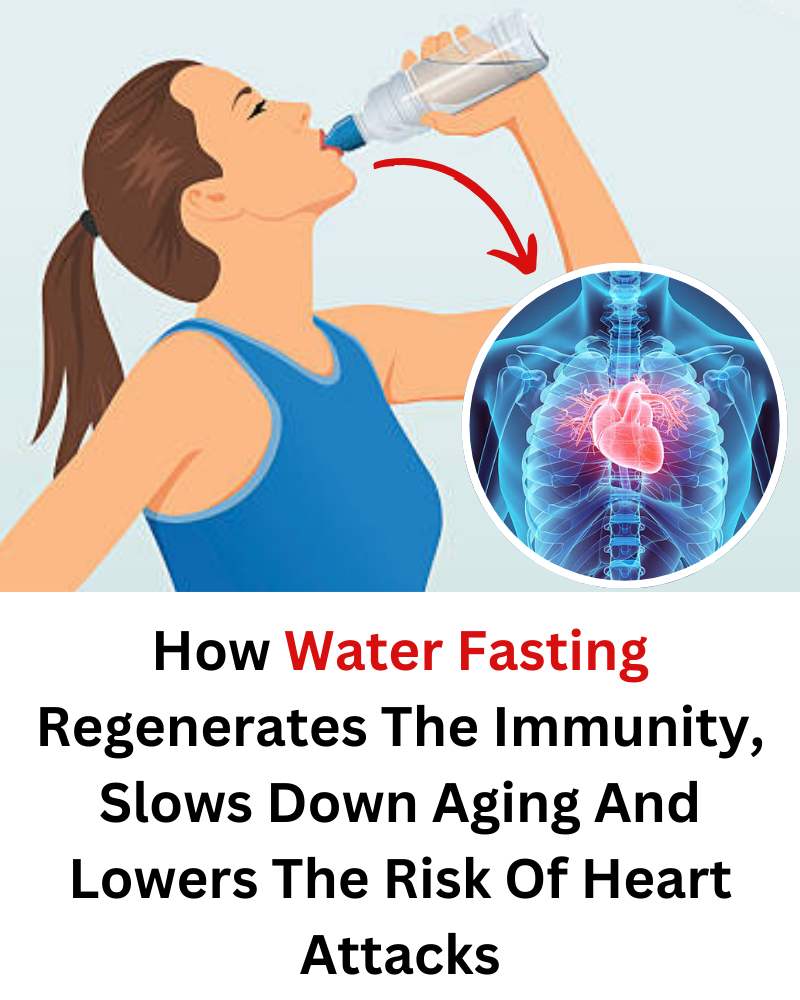
Water fasting involves consuming only water for a set period, typically lasting between 24 hours to several days.
While it offers several health benefits, such as weight loss, immune system regeneration, and potential anti-aging effects, it is essential to practice it safely. Water fasting may not be suitable for everyone, especially those who are underweight, pregnant, or have certain medical conditions.
What is Water Fasting?
Water fasting means abstaining from all food and beverages except water for a specified time. People commonly fast for 1 to 3 days, though some extend it to 5 or even 7 days.
Studies suggest fasting can support weight management and overall health. Some individuals enhance their fasting experience by adding lemon, cayenne pepper, or ginger to their water.
Potential Benefits of Water Fasting
Short-term fasting can stimulate metabolism and promote cellular regeneration. Research shows that fasting induces ketogenesis, a process where the body burns fat for energy, leading to weight loss. Additionally, fasting has been linked to improved cognitive function, lower body fat, and a reduced risk of chronic diseases.
One of the key benefits of water fasting is autophagy, a natural process where the body removes damaged cells, helping to prevent diseases like cancer and neurodegenerative conditions. Water fasting may also lower inflammation, benefiting heart health.

Is Water Fasting Safe?
For most people, short-term water fasting is generally safe when done correctly. A 2018 study found minimal risks, with common side effects including fatigue, headaches, and insomnia.
However, extended fasting (beyond three days) can impact kidney function and should only be done under medical supervision.
Doctors caution that water fasting is not recommended for children, pregnant women, individuals with certain diabetes conditions, or those with a history of eating disorders.
Possible Risks and Side Effects
The main concerns with water fasting include:
- Temporary fatigue, headaches, and digestive discomfort
- Potential binge eating after breaking the fast
- Risks for individuals with underlying health conditions
Fasting for more than three days should be approached with caution and under medical guidance.

How to Water Fast Properly
During a water fast, it is essential to drink 2 to 3 liters of water per day. Shorter fasts (1 to 3 days) are generally safe, but longer ones require professional supervision.
Before fasting:
- Gradually reduce food intake and eliminate alcohol, caffeine, and sugary foods.
- Focus on a diet rich in fruits and vegetables to help the body adjust.
After fasting:
- Break the fast gently with juices, bone broth, or soft fruits and vegetables.
- Slowly reintroduce solid foods over the next few days to prevent digestive issues.
Tips for a Successful Water Fast
- Avoid stressful situations or strenuous activities.
- Ease into fasting rather than starting abruptly.
- Avoid fasting if you are feeling unwell or recovering from illness.
- Stay hydrated and listen to your body’s signals.

Conclusion
Water fasting offers numerous benefits, from promoting autophagy to supporting weight loss. However, it is crucial to follow proper guidelines and consider personal health conditions. Short-term fasting can be beneficial, but extended fasts should be approached with care and medical supervision.




